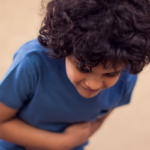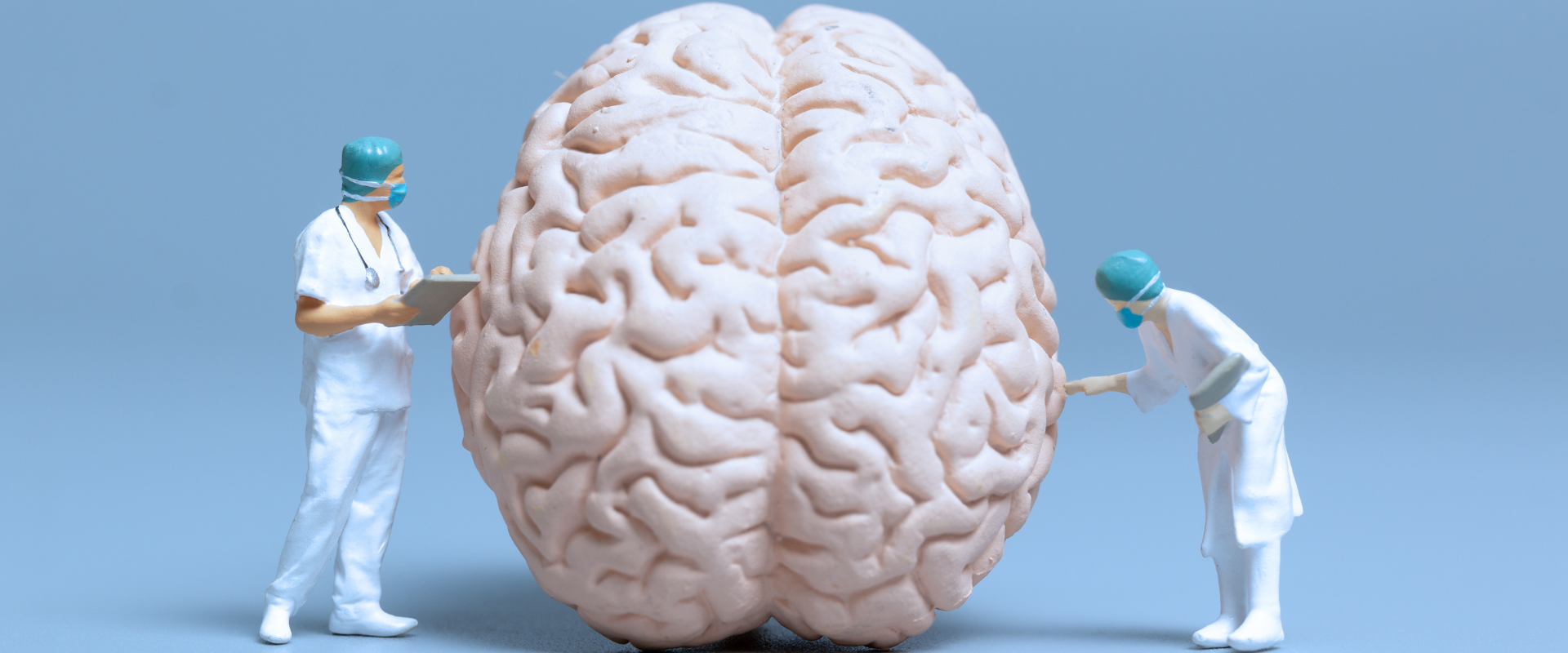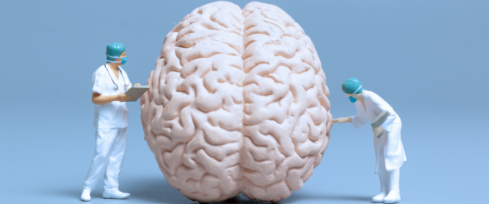Traumatic Brain Injuries: A Common Outcome:
A traumatic brain injury, commonly known as head injuries, are a frequent outcome in accidents involving children and teenagers. These injuries are the leading cause of permanent brain damage and death in this age group.
What Parents Need to Know:
Not Every Head Injury Leads to a Concussion:
- Parents often underestimate minor head injuries, especially in active children involved in sports. It’s essential to recognize that not every head injury results in a concussion; some may be more severe. Understanding the various types, including severe, moderate, and mild head injuries, is crucial.
Certain Age Ranges Are More Vulnerable:
- While all children face the risk of TBIs, the CDC highlights two significant age groups with higher susceptibility—children aged 0 to 4 and 15 to 19. Toddlers are still mastering physical activities, and teenagers engage in activities that increase the risk of accidents.
Symptoms Are Not Always Obvious:
- Identifying TBI symptoms can be challenging, especially in younger children who may struggle to communicate discomfort or pain. Symptoms vary from physical signs like headaches and vomiting to cognitive and emotional changes such as confusion, irritability, and mood swings.
Always Diagnose Any Form of Head Injury:
- Regardless of how insignificant a head injury may seem, seeking a medical evaluation is crucial. Diagnostic tests, such as X-rays, CT scans, and MRIs, can detect potential damage that may not be immediately apparent.
Treatment and Recovery:
- Advances in technology and neurological science have made treating TBIs more accessible. Treatment options range from surgery in severe cases to rest, observation, and pain management for milder injuries. Recovery varies in duration and may involve addressing issues like loss of muscles, incoherent speech, and concentration challenges.
Conclusion:
Being informed about traumatic brain injuries empowers parents to prioritize their child’s safety. As we transition into autumn, a season of change, let us carry this awareness forward. Recognising the signs, seeking prompt medical attention, and supporting our children through recovery are essential steps in ensuring their well-being.

The Leading Cause of Accidental Poisoning
As parents or caregivers, keeping children safe is our top priority. However, despite our best efforts, accidents can happen. One of the most common accidents that can be prevented is unintentional poisoning from medication. It’s important to understand that medicines are not sweets and should be treated with care. In

Head Injuries in Children
The World Head Injury Awareness Day falls on March 20th every year and it looks at the number of people who suffer from a mild bump on their head to severe brain injury. The purpose of this day is to remind us of how we could reduce accidents and brain

Top tips for staying healthy
Here are some tips for parents to help keep their children healthy during the colder seasons. Practice good hygiene: Encourage your children to wash their hands frequently and cover their mouths when coughing or sneezing. This can help prevent the spread of germs and illnesses. Dress appropriately for the weather:

How CPR saves lives
Knowing CPR can save someone’s life, our trauma expert, owner and founder of Survival CPR, Sister Catherine Rodwell, explains what CPR is, who can do and why it is so important that anyone (especially those in any caregiving role such as a parent or nanny) should take a course and keep

Return to School Safely
As schools have started in January, it is important that CPR and First Aid training is in place to ensure a safe return. It is vital that the school staff receive full CPR and First Aid training and are confident and are competent and most importantly, are up-to-date with their

Are you looking to employ a Caregiver?
We provide a platform to assist employers and families with their search for qualified and professional Caregivers, (we do not employ Caregivers directly or provide home care directly.) We understand how important it is to find a suitable and qualified caregiver for your specific needs. This platform has been designed to

10 Summer Safety Tips
Holiday time is important, so that you and your family get to spend quality time together. Whether you are going away on holiday or staying at home, here are our 10 Summer Safety Tips to keeping the family safe. Make sure you have a fully stocked First Aid Kit Make

Sunburn in childhood increases the risk of developing skin cancer
Sunburn in childhood increases the risk of developing skin cancer If you help children to develop good sunscreen habits from an early age you are protecting them from skin problems later on in life. Make it part of your routine to apply sunscreen in the morning before you leave for

Home safety checklist
Home Safety is important so as to avoid accidents! Do you know how to make your home safe for your child? You may think of all the obvious dangers, but it is so important to check that your house is accident-proof for your child. For most of us, the word


